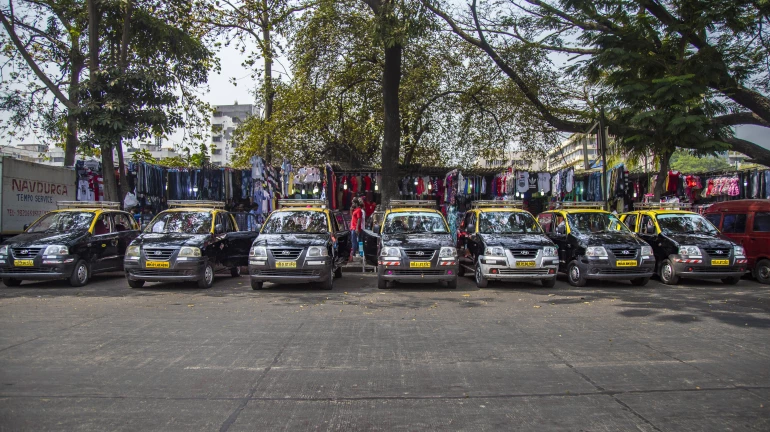
Mumbai is saying goodbye to another famous form of transit, the "Kaali-Peeli" taxis, after recently phasing out the iconic double-decker buses. For more than 60 years, Mumbai residents have been served by Premier Padmini taxis.
These Kaali-Peelis won’t be seen on streets from today, October 30, 2023. This implies that all Mumbai Premier Padmini taxis that will be over 20 years old after October 29, 2023. The Maharashtra government implemented a 20-year age restriction for taxis to phase out older, more environmentally harmful cars.
October 2003 marked the registration of the last Premier Padmini taxi, which was a common sight on Mumbai's streets for more than 60 years. The last Premier Padmini was registered at the Tardeo RTO, which oversees Mumbai's island city, as a black-and-yellow taxi, according to a transport department officer. Since the city's taxi age restriction is 20 years old, Mumbai will officially be without a Premier Padmini taxi starting on October 30.
The Maharashtra government recently phased out the iconic double-decker buses operated by Brihanmumbai Electric Supply And Transport (BEST) in an effort to reduce air pollution. Double-Decker buses will be replaced by more contemporary, electric buses. Similar to how the outdated ICE-powered Premier Padmini adds to the pollution in the city, it will soon be replaced by less-polluting taxis, such as electric vehicles.
The ability of electric vehicles to improve the quality of the air in cities and towns is their main advantage. Pure electric vehicles don't emit any carbon dioxide or other harmful emissions when they drive because they have no tailpipe. As a result, air pollution is greatly decreased. Cities like Mumbai need to take appropriate steps to control air pollution.
These famous black-and-yellow cabs are already driving into the sunset, to make room for cleaner, more modern automobiles and the increasingly popular app-based taxi service. People in Mumbai have differing opinions about the phase-out of these taxis. The Premier Padmini taxi is more than just an option of transportation for a large number of Mumbai residents. It represents the distinct culture and history of the city. Generations of Mumbaikars have relied on taxis to navigate around the city, and they have appeared in innumerable Hindi films and TV series.
Mumbai's transport enthusiasts are left devastated by the sudden retirement of two once-essential and widely used public transport vehicles in a matter of weeks; some are even demanding that at least one 'Premier Padmini' be kept in operation or placed in a museum.
One of the largest taxi driver unions in the city, the Mumbai Taximen's Union, petitioned the government a few years ago to keep at least one kaali-peeli taxi, but their demand was not fulfilled.
Mumbai had roughly 63,000 black-and-yellow taxis in the late 1990s, which included the air-conditioned "cool cabs", which were distinguished by their unique "blue and silver" colour scheme. Today, the city is home to over 40,000 of these vehicles.





